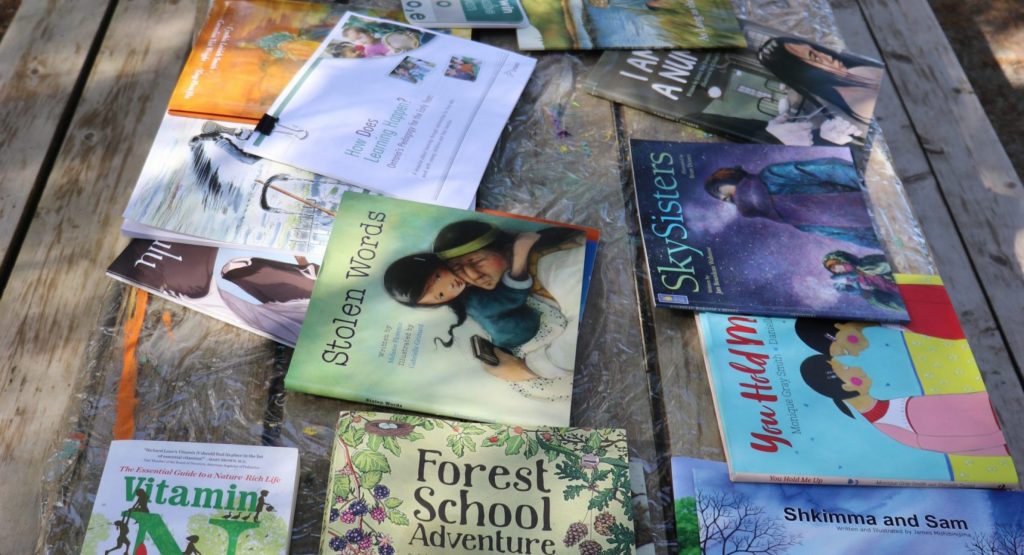Welcome
The Centre for Indigenous Professional Learning has collaborated with Elders, Knowledge Keepers, and early years professionals to create meaningful learning series that support the Indigenous ways of knowing and being in the early years’ sector. Each learning series assists in ensuring thoughtful, safe, and positive learning environments and care for children and families accessing early years services. See the descriptions below to find out more details about each learning series/register.

Learning Outcomes
Enhanced Cultural Competency: Educators will develop a greater awareness and understanding of Indigenous knowledge systems, values, and approaches to early childhood education.
Integration of Indigenous Pedagogy: Educators will gain strategies for integrating Indigenous ways of knowing and being with the principles outlined in “How Does Learning Happen?”, fostering inclusive and diverse learning environments.
Deeper Connection with the Community: Educators will strengthen their ability to build authentic, respectful relationships with Indigenous children, families, and communities, enhancing the overall learning experience
Enhanced Leadership Skills: Educators will develop skills in leadership, communication, and advocacy, grounded in Indigenous teachings and approaches to community and relationship-building.
Informed Decision-Making: Educators will learn to make ethical decisions and demonstrate professional judgment that aligns with both the College’s standards and Indigenous ways of knowing and being.
Holistic Understanding of Indigenous Worldviews: Educators will gain a deeper understanding of First Nations, Métis, and Inuit perspectives on education, leadership, and child development, and how these can enrich and inform their own practice.
Improved Interpretation of Pedagogical Documentation: Educators will learn to analyze pedagogical documentation more thoughtfully, recognizing how personal perspectives shape the meaning-making process and working towards a more objective understanding of children’s actions and expressions.
Stronger Co-Construction of Learning: Educators will enhance their ability to co-construct learning experiences with children, fostering a collaborative environment encouraging curiosity, exploration, and critical thinking.
Empowerment to Act as Change Agents: Educators will feel empowered to advocate for policies and practices that prevent lateral violence and promote lateral kindness, contributing to systemic change within their organizations.
Increased Capacity for Reflection and Self-Awareness: Educators will develop the ability to reflect critically on their own practices and biases, recognizing how they may inadvertently contribute to lateral violence and identifying ways to promote kindness and respect.
Support for Indigenous Staff and Families: Educators will better understand how to support Indigenous colleagues and families by recognizing the unique challenges posed by lateral violence and advocating for a more just and equitable early years sector.
Critical Analysis Skills: Educators will develop the ability to critically analyze various forms of media—such as articles, documentaries, and social media posts—related to Indigenous Peoples and communities and consider how these can impact their practice.
Informed Dialogue and Advocacy: Educators will learn to engage in informed, respectful discussions about Indigenous issues, fostering an environment where diverse perspectives are heard and valued.
